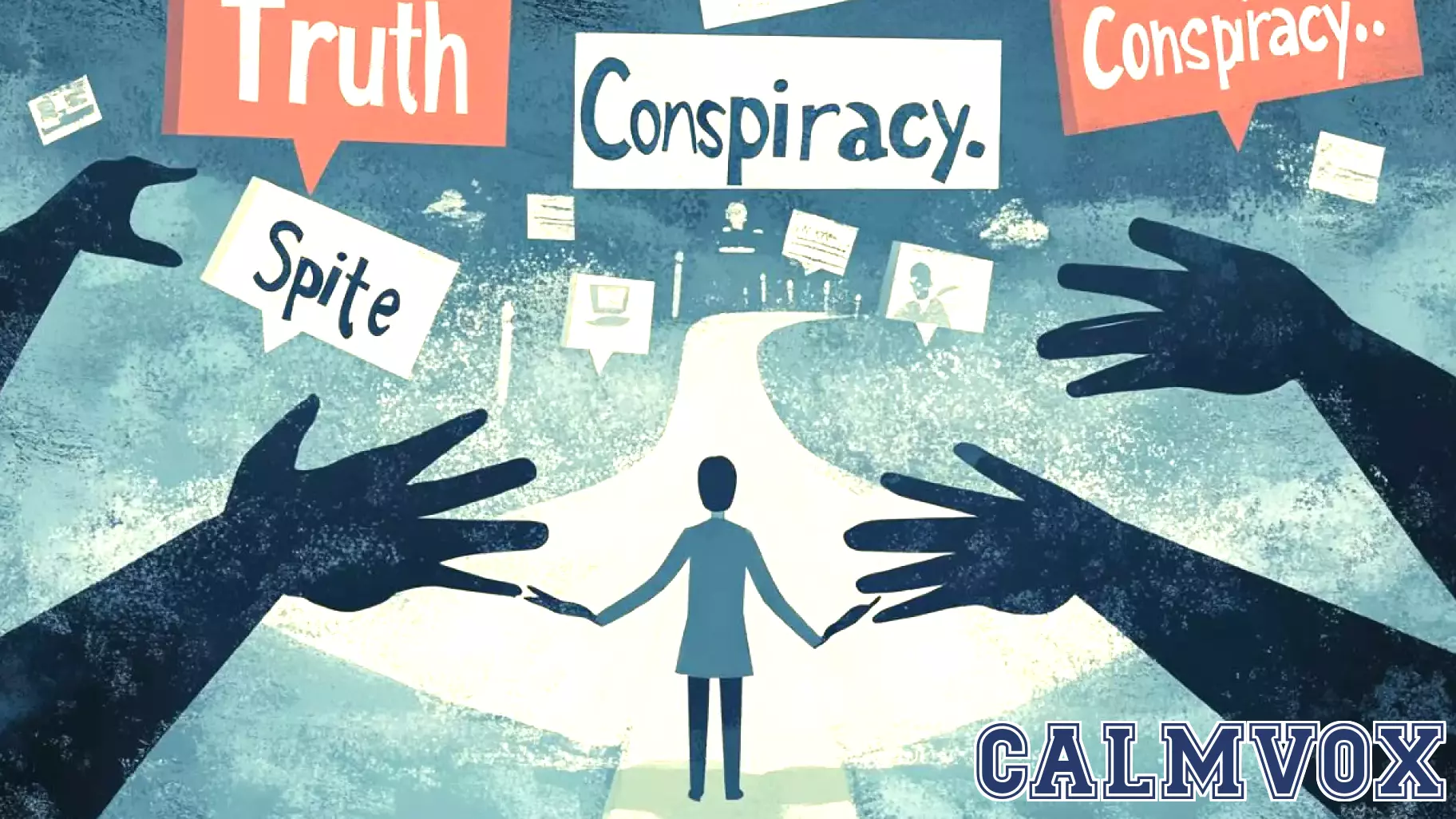New Research Reveals Connection Between Spite and Conspiracy Theory Beliefs
March 4, 2025 - 14:13

A recent study has uncovered a significant relationship between feelings of spite and the belief in conspiracy theories. The research suggests that emotions such as uncertainty, threat, and perceived disadvantage can fuel spiteful attitudes, which in turn may lead individuals to embrace conspiracy theories.
Participants in the study reported feelings of resentment and hostility, particularly when they felt marginalized or threatened by external factors. This emotional state appears to create a fertile ground for adopting conspiracy beliefs, as individuals seek explanations for their circumstances that align with their feelings of injustice.
The findings indicate that those who experience high levels of spite are more likely to engage with conspiracy theories, potentially as a means of coping with their feelings of disenfranchisement. This study adds a new dimension to the understanding of why some individuals gravitate toward conspiracy theories, emphasizing the psychological underpinnings that drive such beliefs. Understanding these dynamics could be crucial in addressing the spread of misinformation in society.
MORE NEWS

March 1, 2026 - 08:18
New psychology research reveals a vicious cycle involving smartphone use and feelings of disconnectionNew psychology research reveals a troubling daily cycle where smartphone use and feelings of loneliness intensify one another. A study published in the journal Addictive Behaviors provides...

February 28, 2026 - 23:13
AI in, Garbage Out: Is Meta-Analysis in Danger?A cornerstone of modern psychology, the meta-analysis, is facing a novel and significant threat from the proliferation of fake, AI-generated scientific papers. This method, which statistically...

February 28, 2026 - 10:20
Critiquing Israel is not Anti-Semitism: The American Psychological AssociationIn a significant statement, the American Psychological Association has clarified the crucial distinction between criticizing the policies of the Israeli government and antisemitism. This move...

February 27, 2026 - 23:59
Psychology Suggests the U.S. Army Needs to Do More To Battle A New Enemy (Not Russia or China): LonelinessA recent study highlights a growing, non-traditional adversary within the U.S. military ranks: pervasive loneliness. While the Army possesses deep institutional knowledge for building unit cohesion...